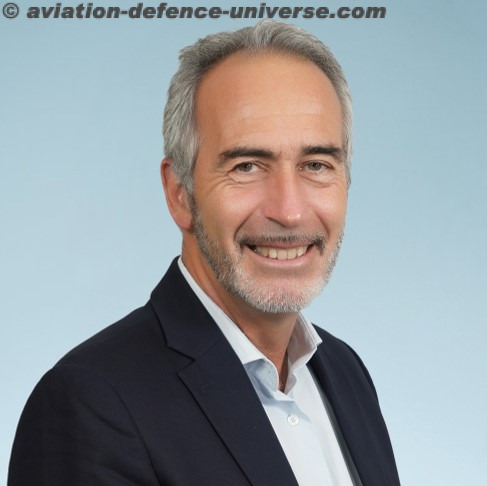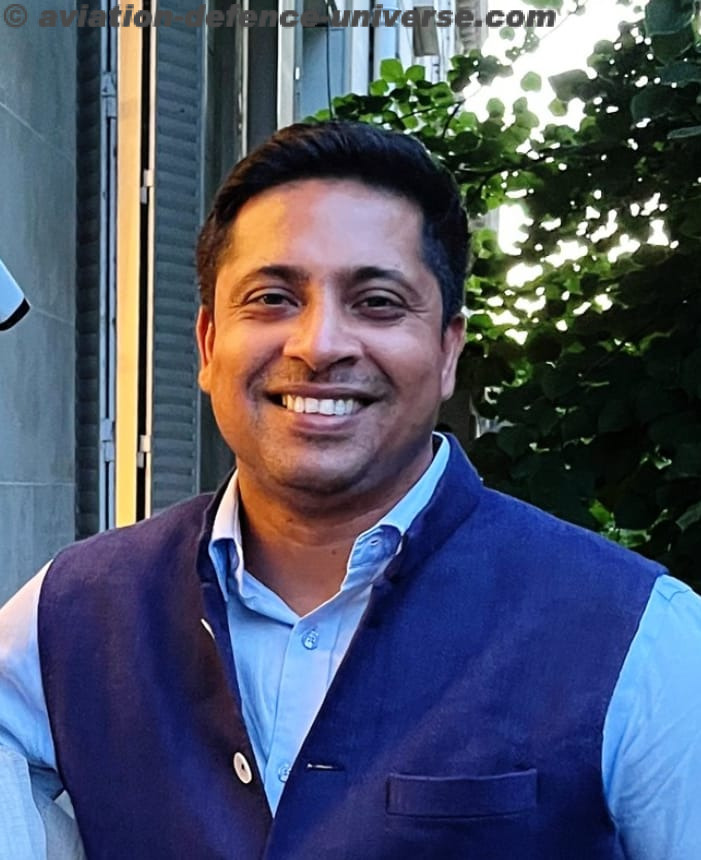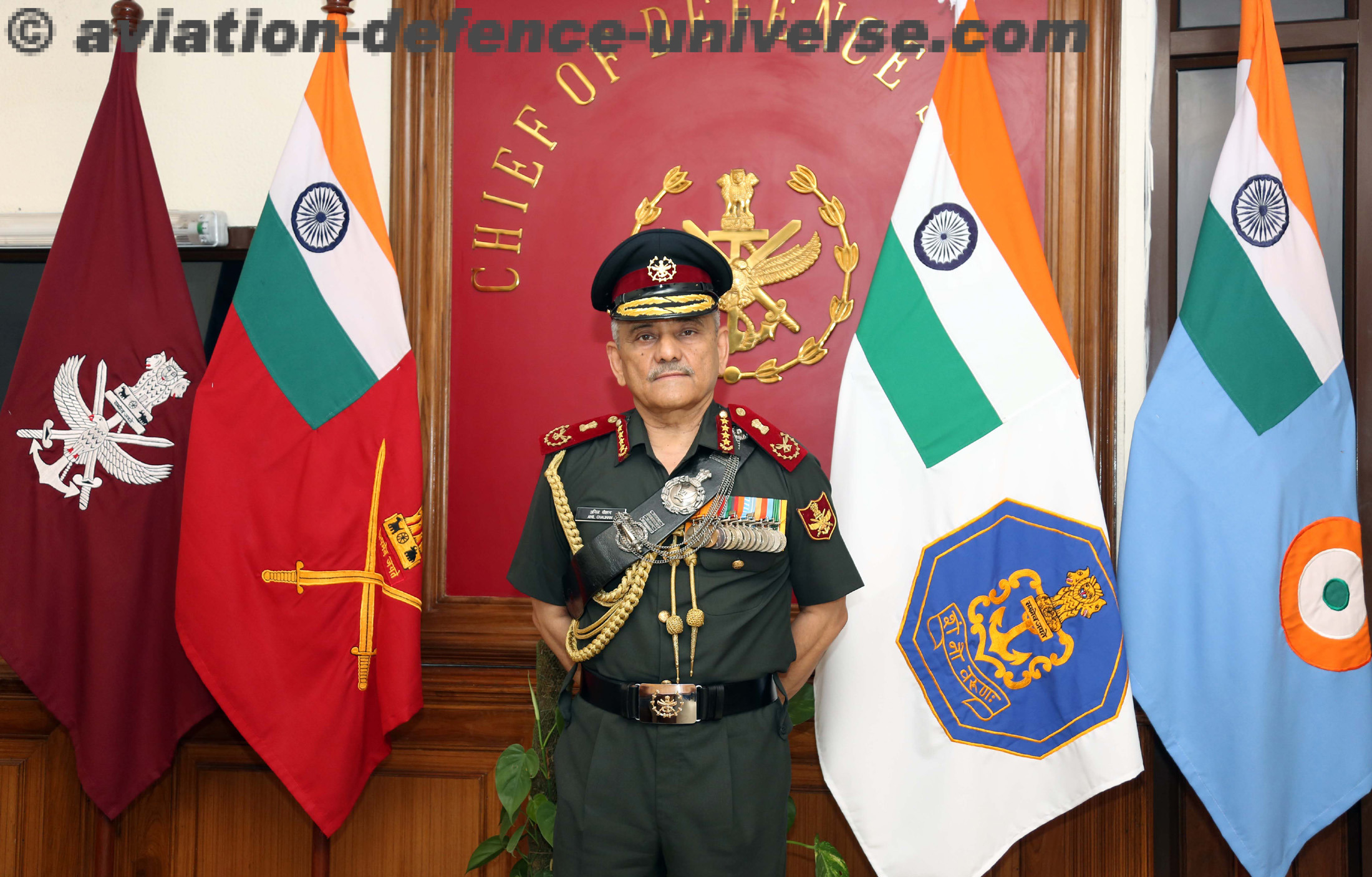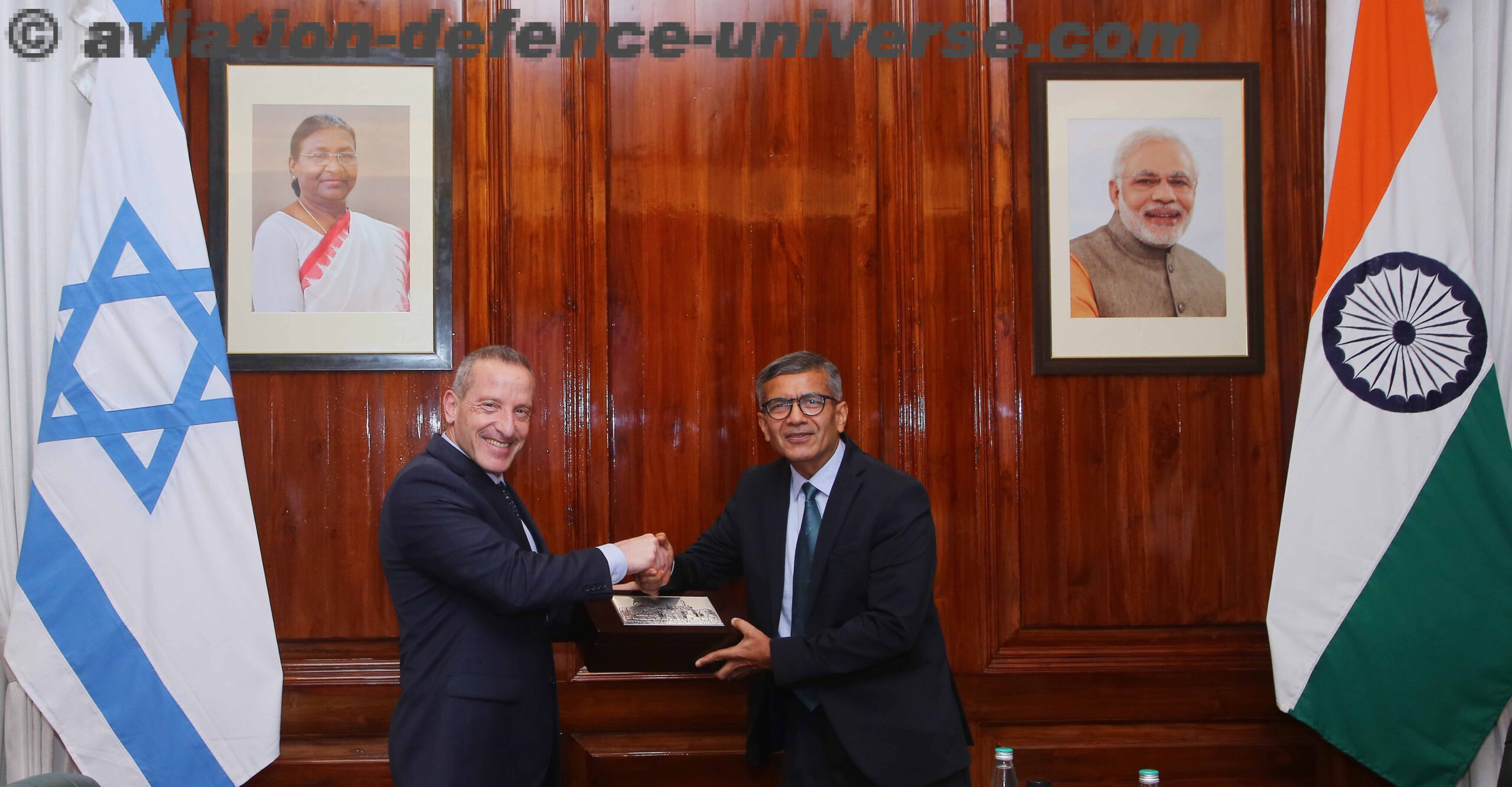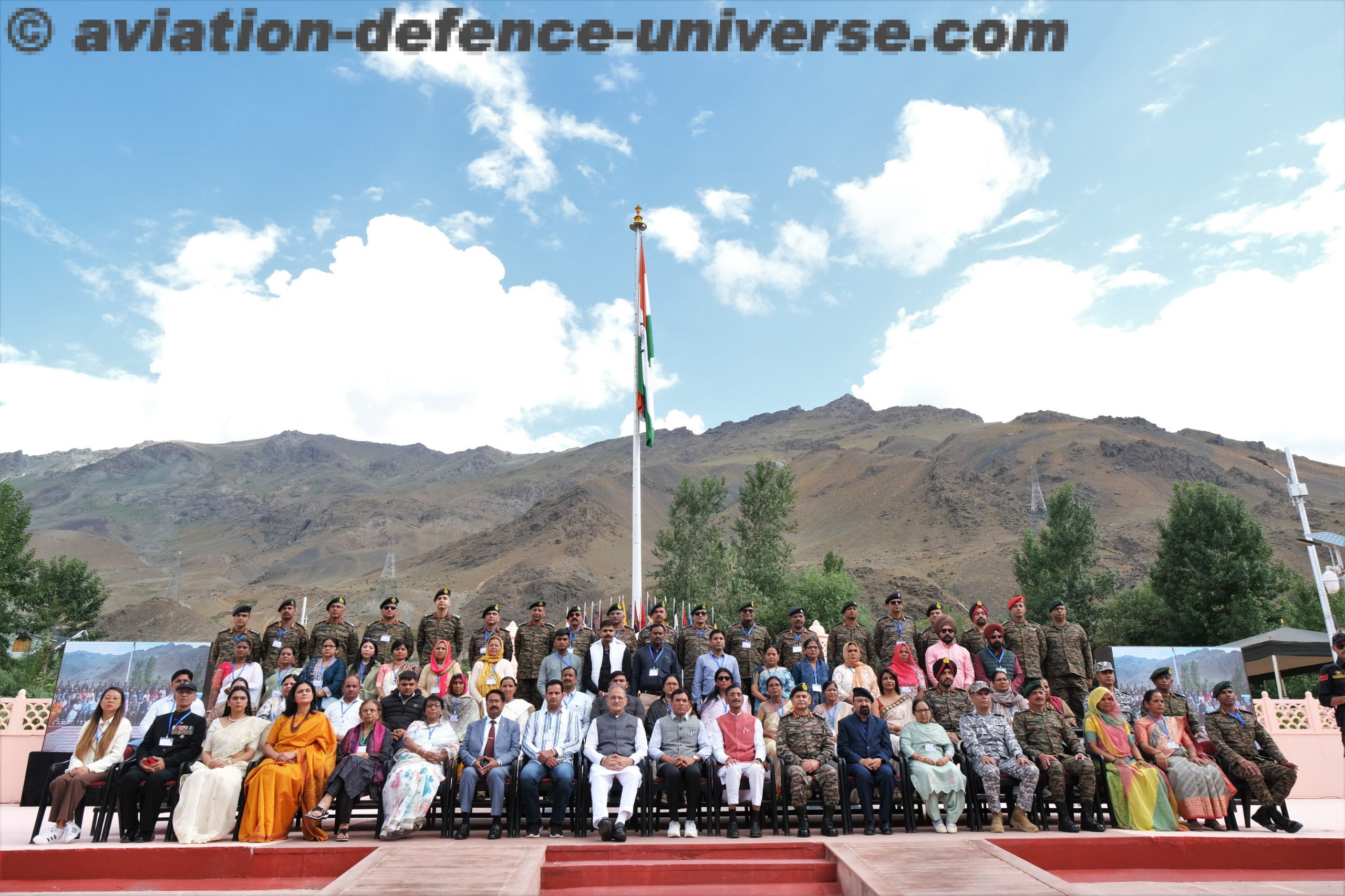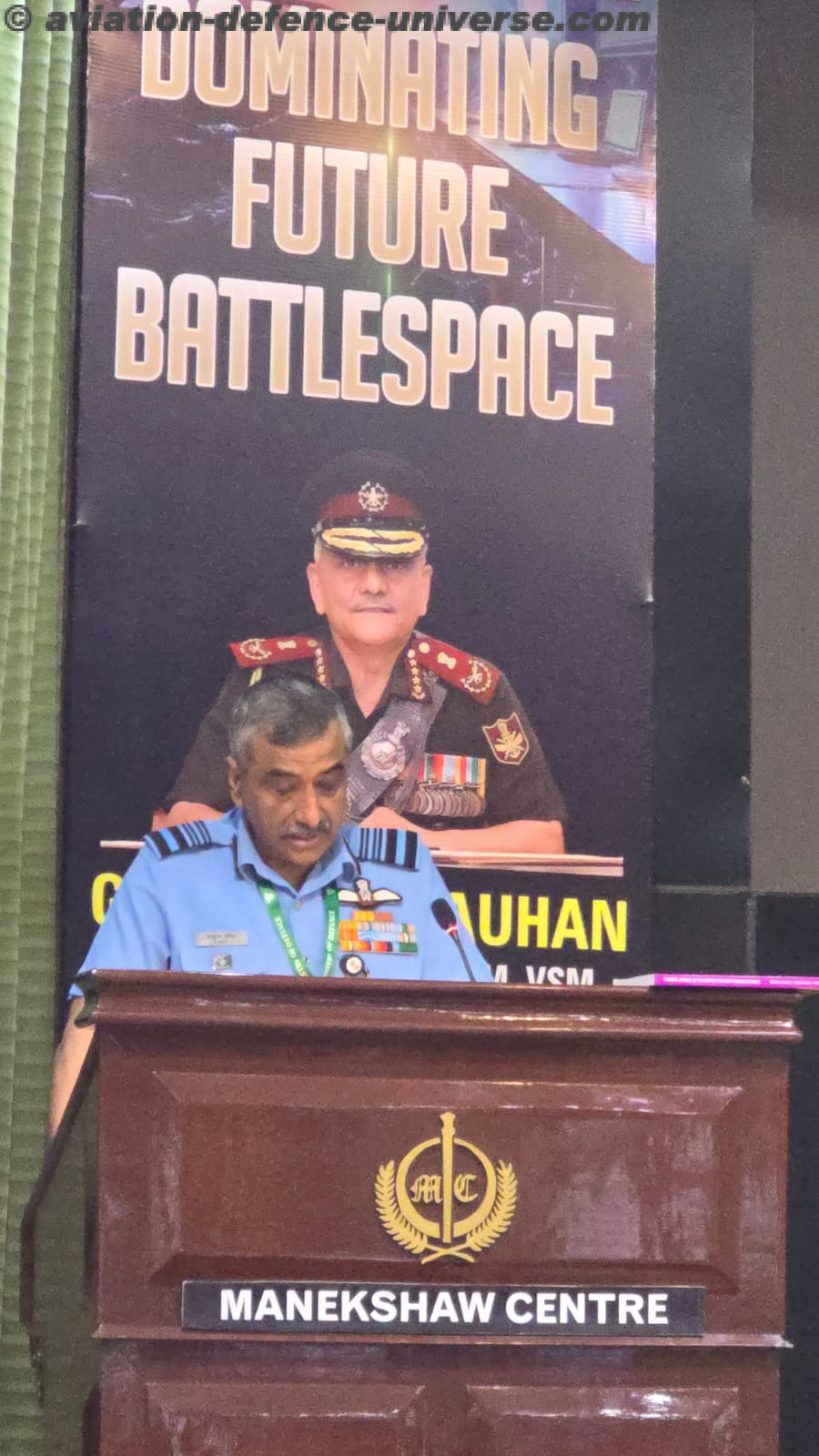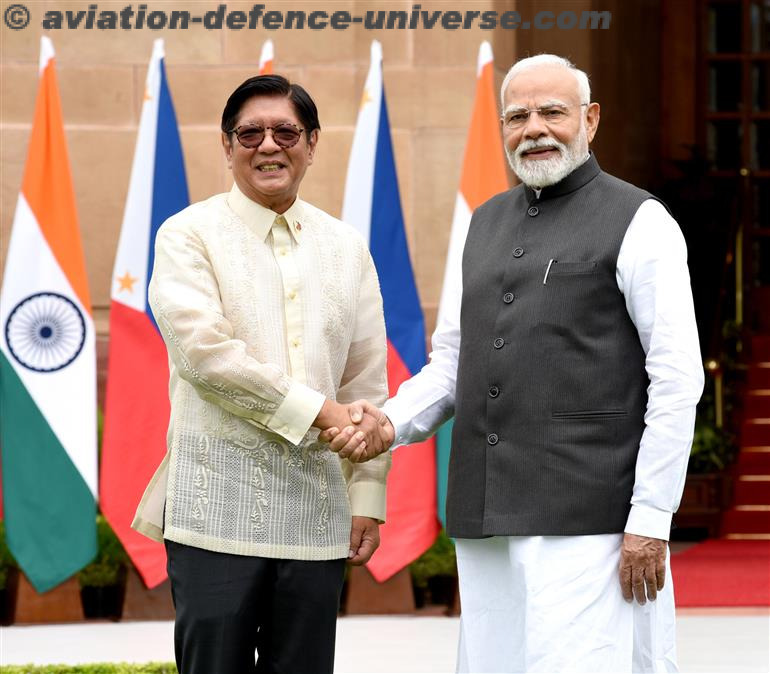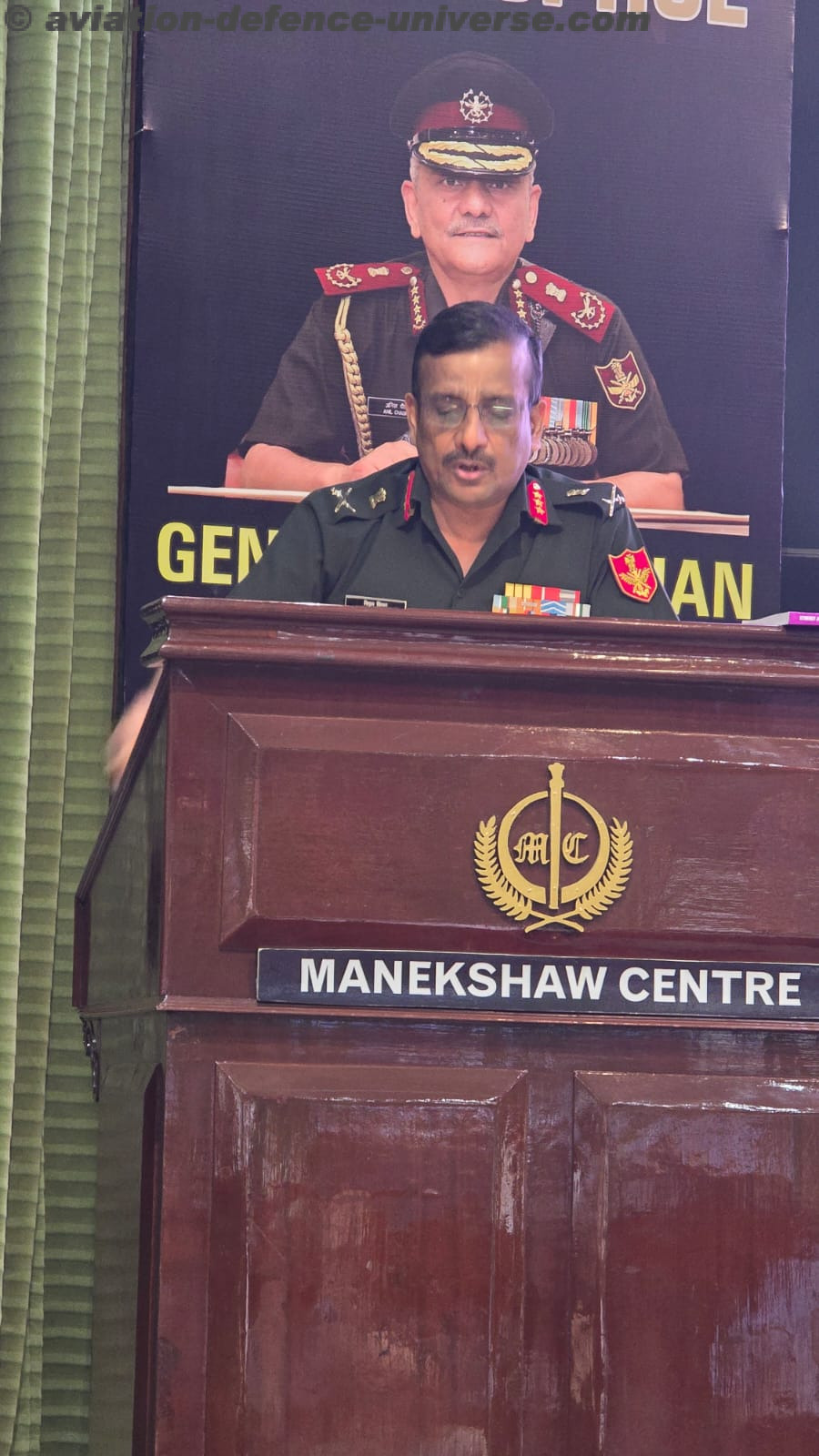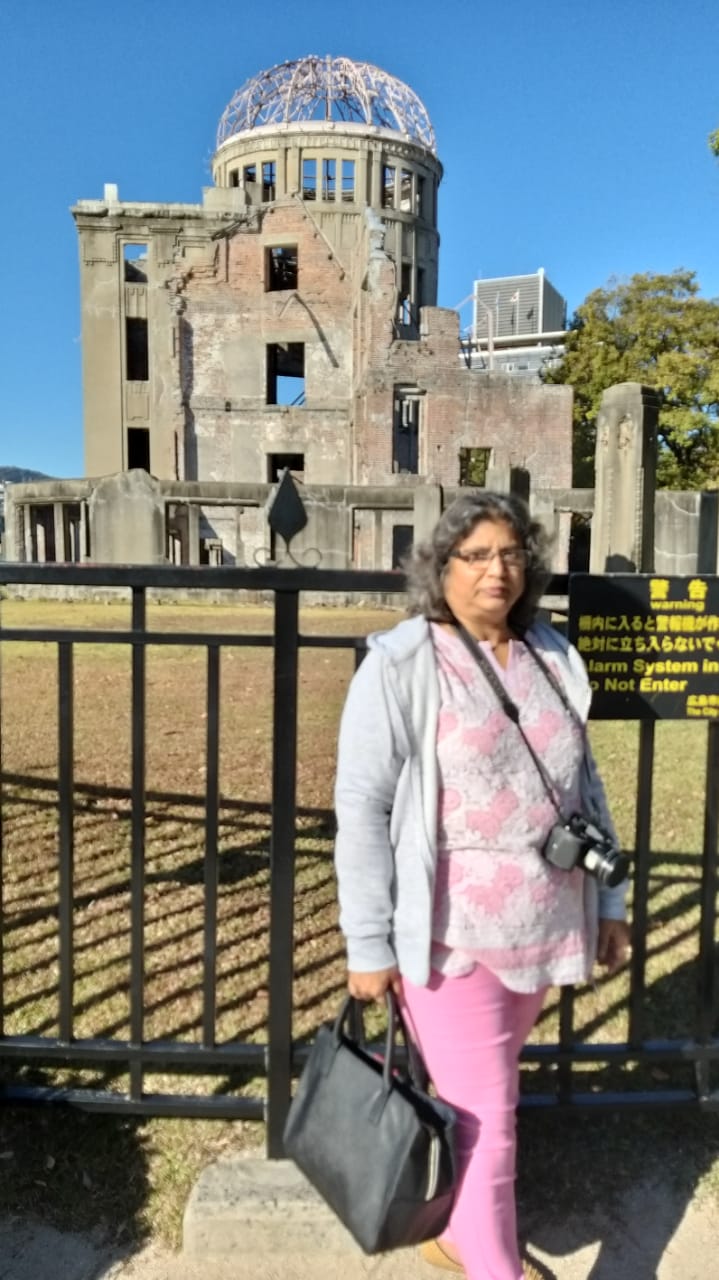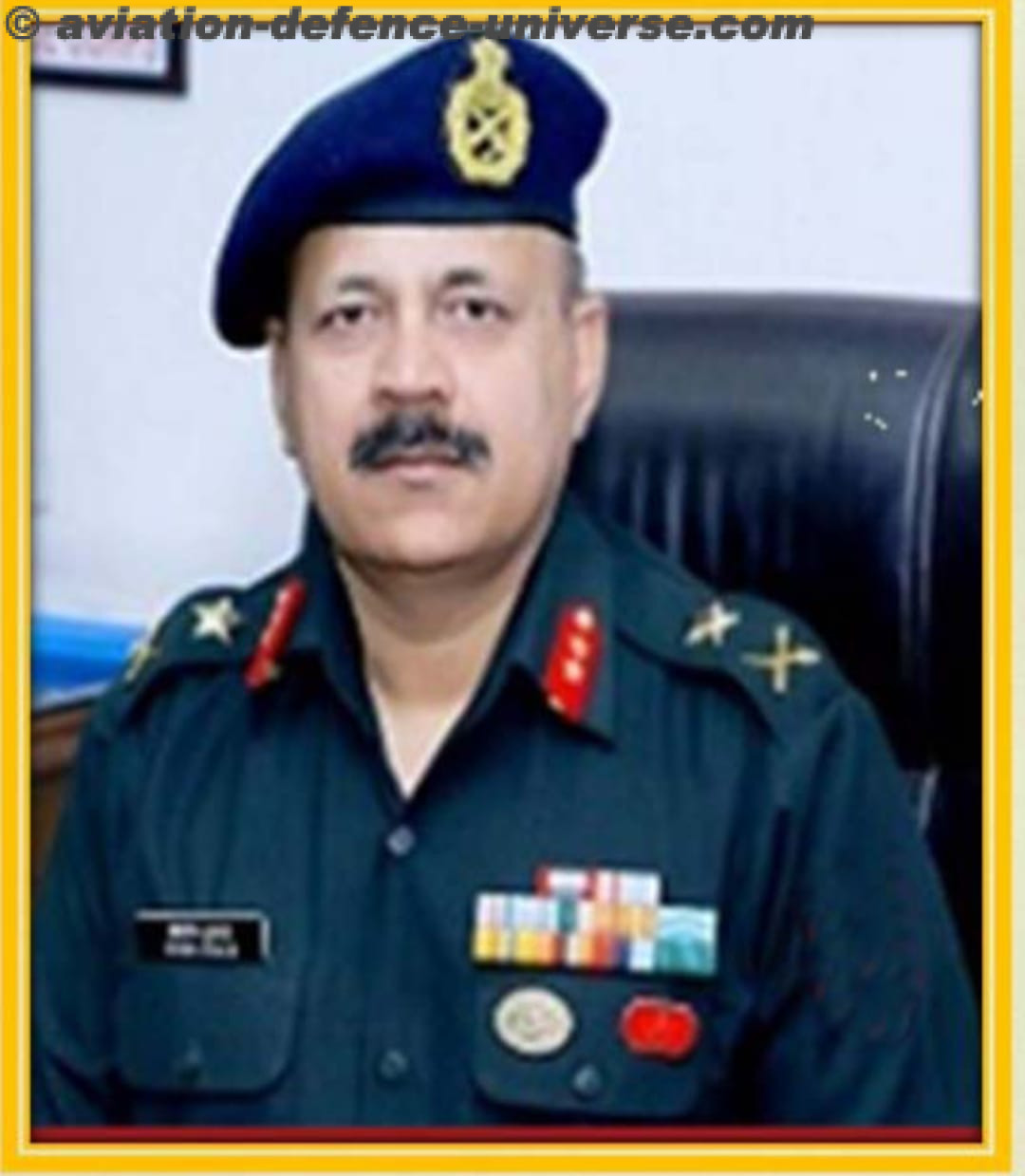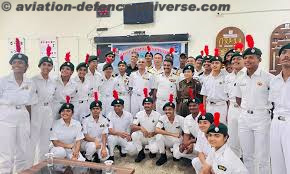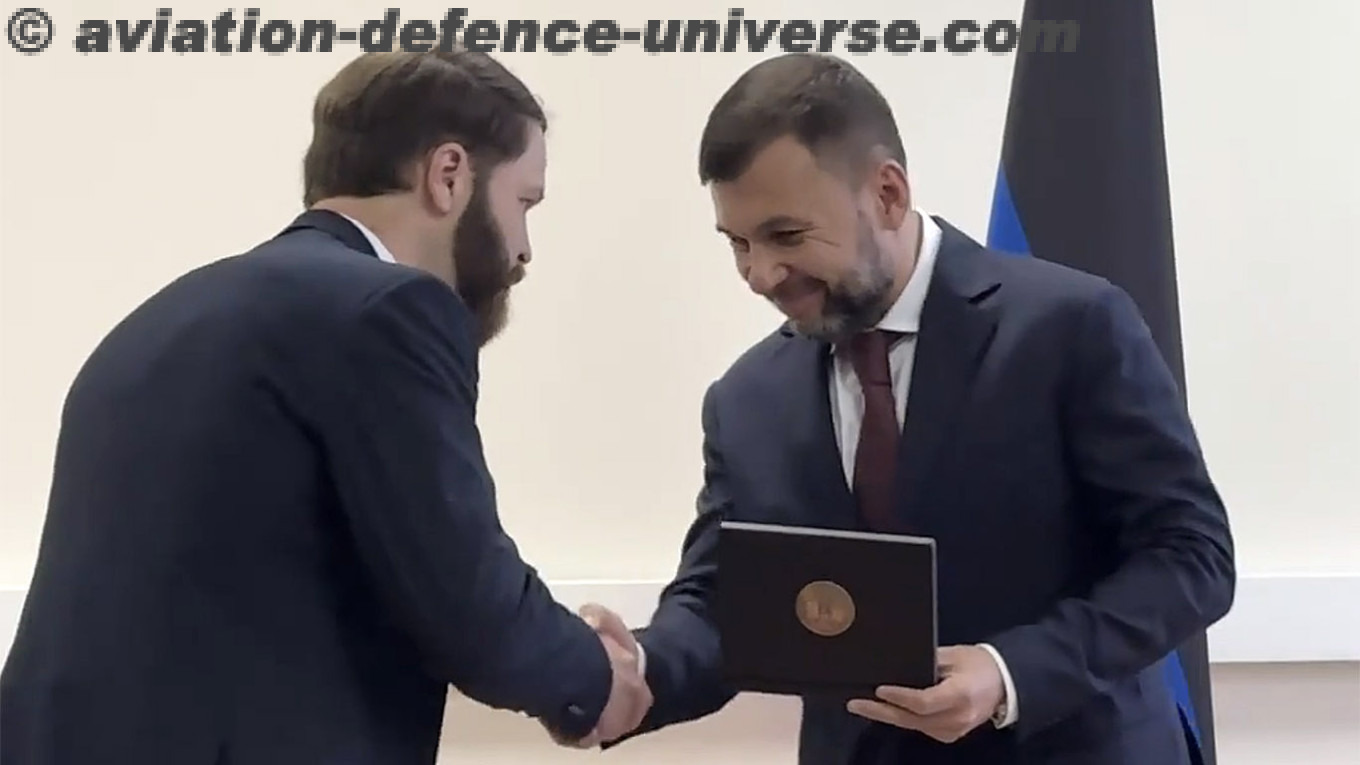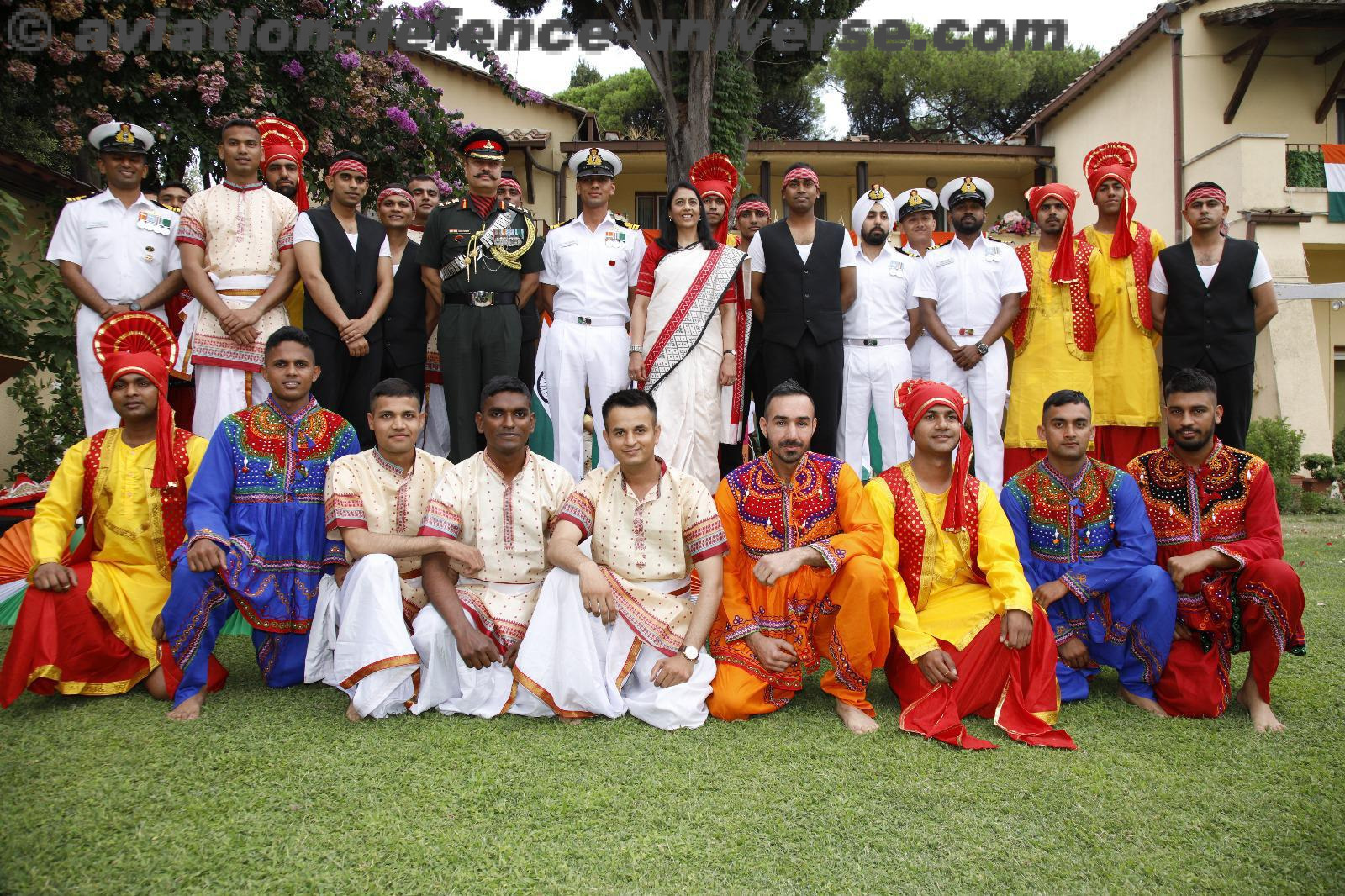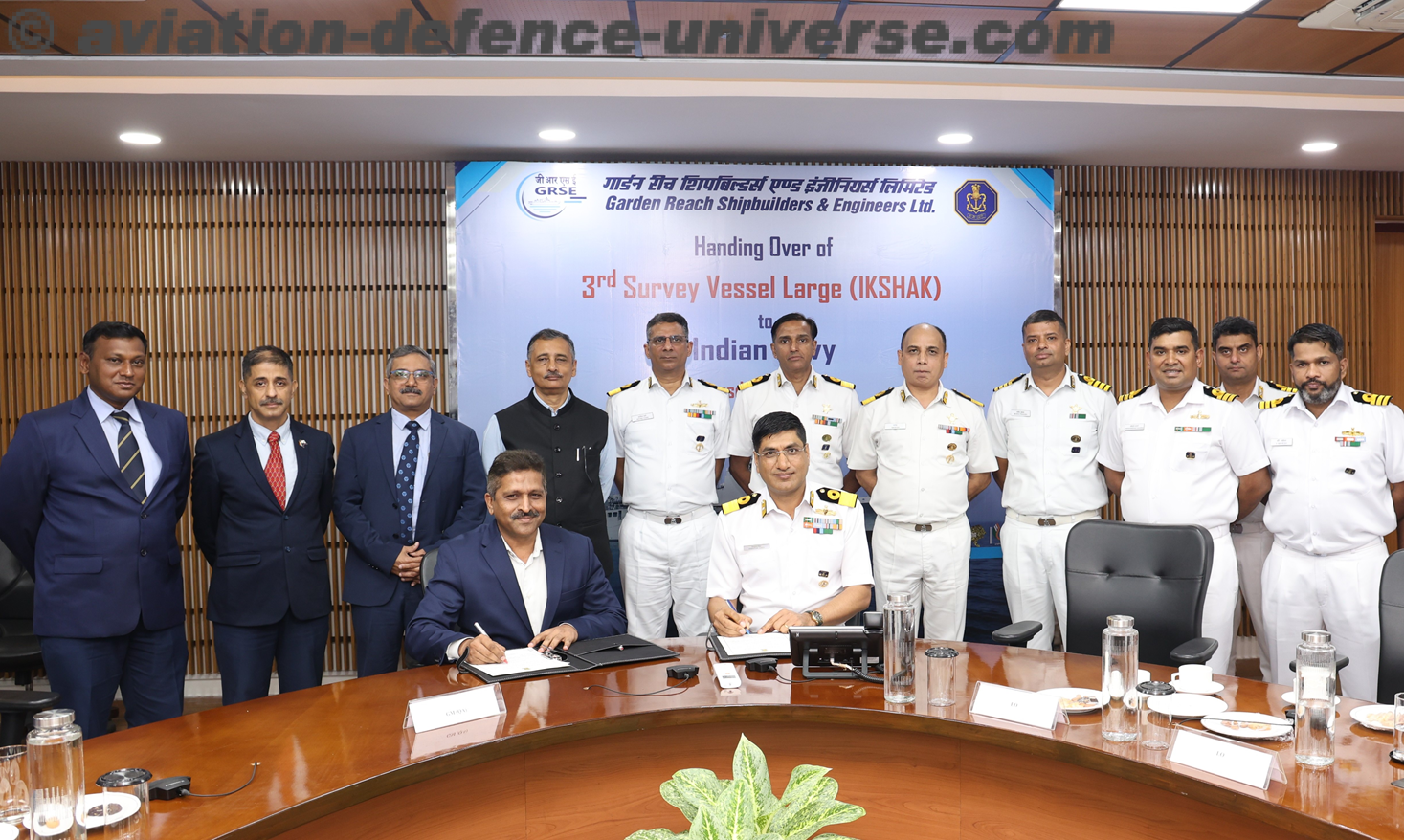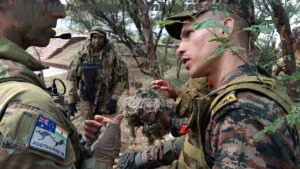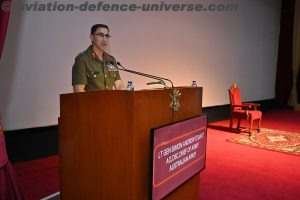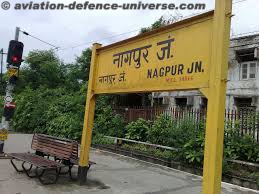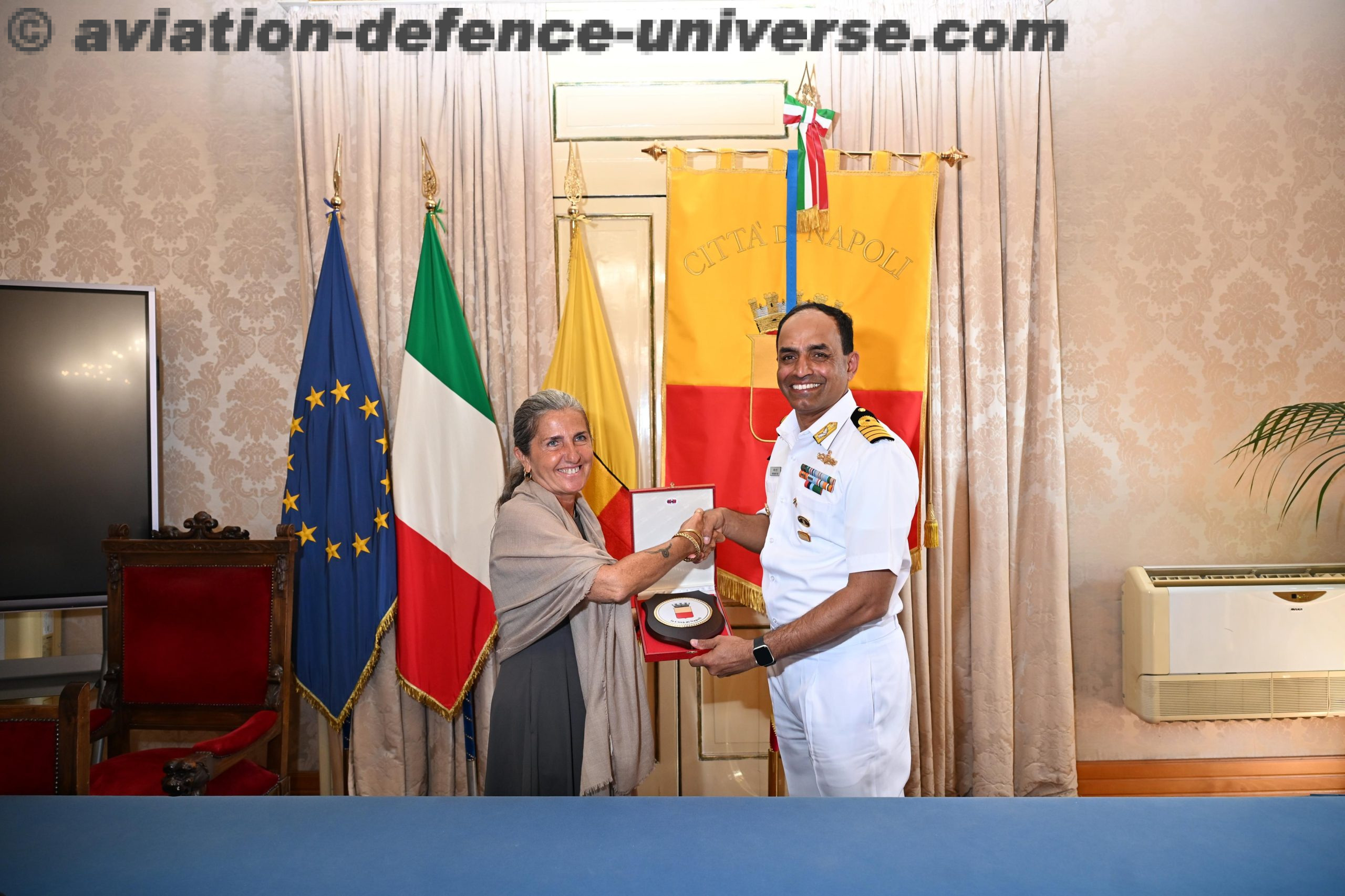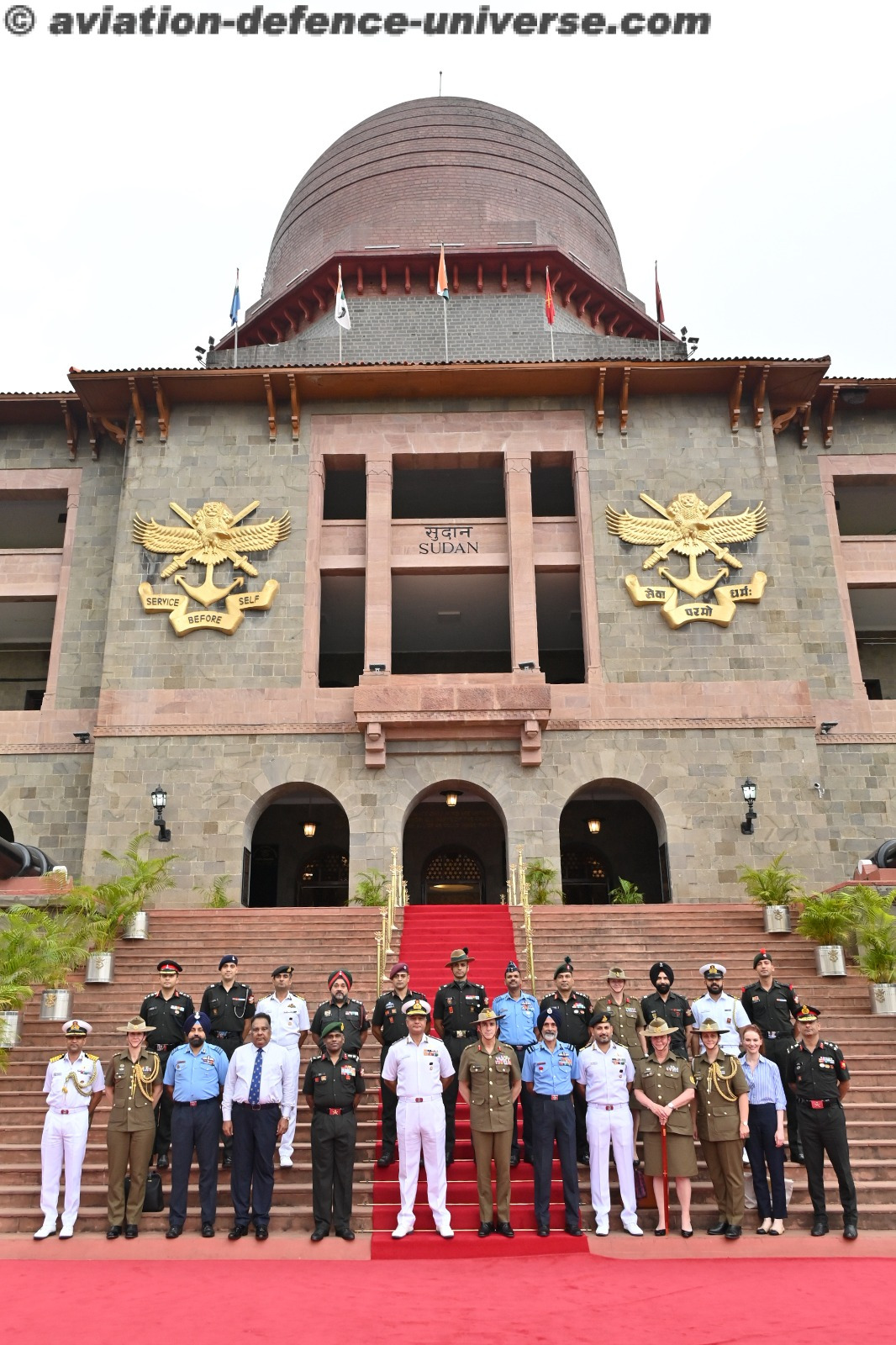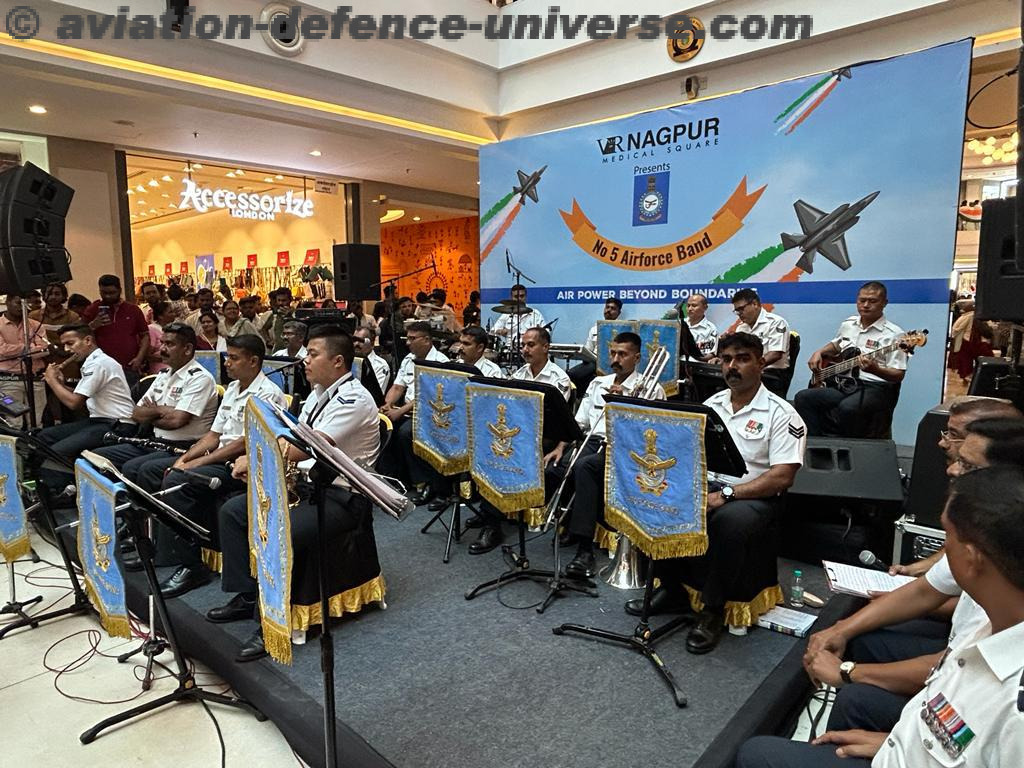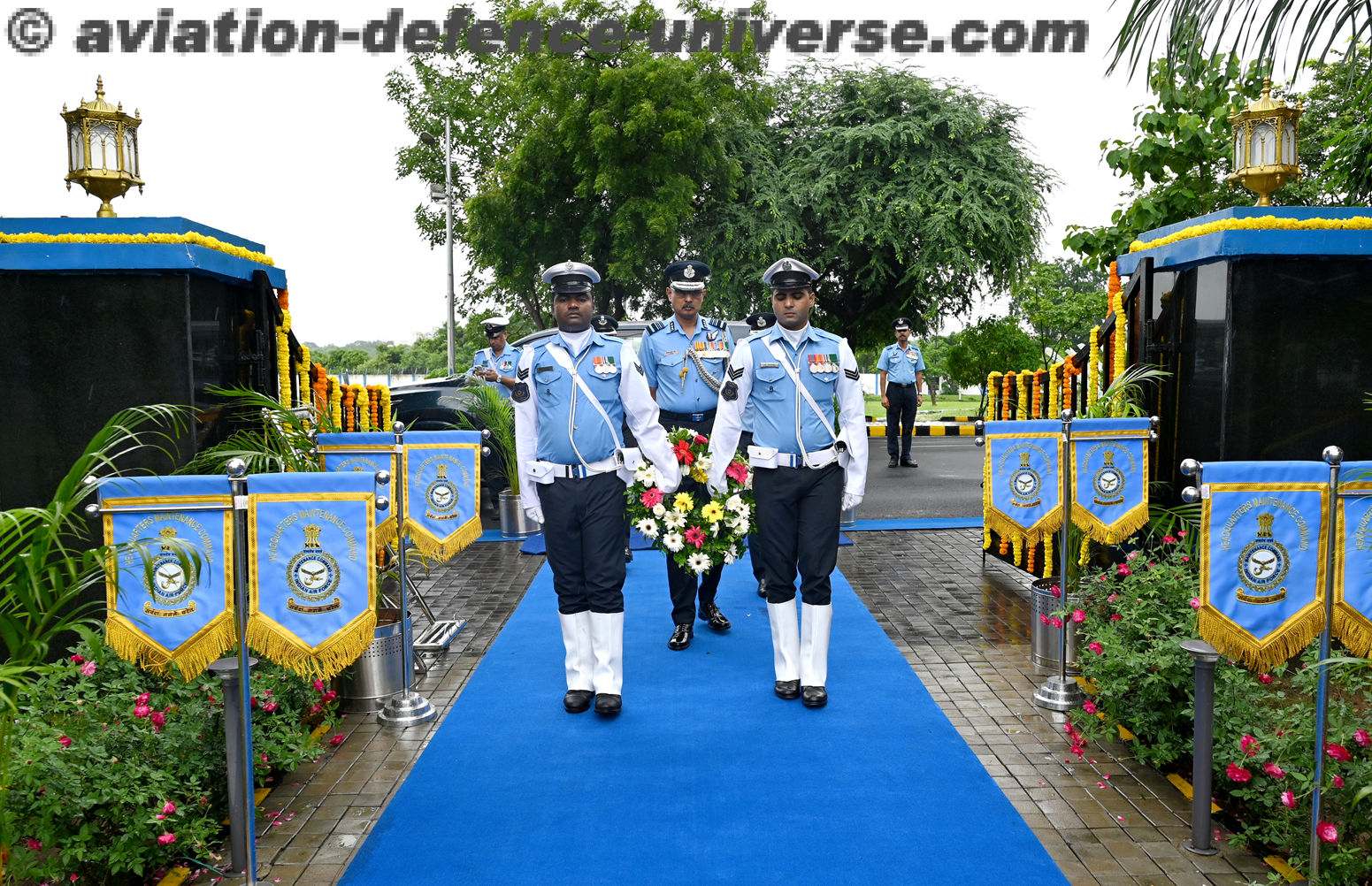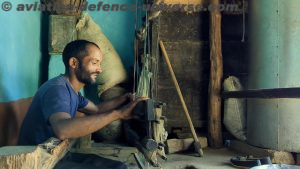
youngest, with an elder brother Sushil Sharma and elder sister Kajal Sharma, both of whom also attend school. Despite their hardships, the Sharmas have always strived to educate their children. But Akshay’s inability to speak weighed heavily on them—socially, emotionally, and academically.
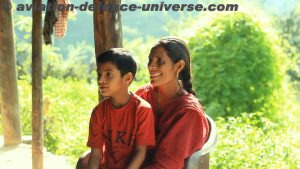
The turning point came in June 2025, when Captain Saurabh Salunkhe, a young Army doctor, arrived as Regimental Medical Officer (RMO) of 7 SIKH LIGHT INFANTRY (a locally deployed unit) . Only an year ago he was commissioned into service from the prestigious Armed Forces Medical College (AFMC), Pune, in 2024. He later completed his internship at 167 Military Hospital, Pathankot before joining 7 SIKH LIGHT INFANTRY as RMO. During a routine medical outreach in Duggan, Capt Salunkhe met Akshay. After conducting an initial medical evaluation in field conditions, he realized that the boy’s silence was not
permanent—speech therapy could help him find his voice. But Duggan, a remote hilly village, had no such facilities. For most families, including Akshay’s, traveling to cities for treatment was impossible.
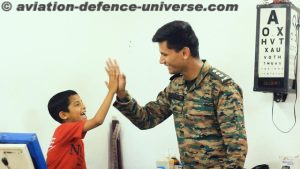
The therapy started from the very basics:
- Gargling exercises to strengthen throat muscles.
- Tongue and jaw movements to improve flexibility and coordination.
- Differentiating between nasal and oral sounds so Akshay could understand how sounds are shaped.
- Learning labial sounds (produced with the lips), which were the foundation of clear speech.
- Daily practice sessions lasting 2–3 hours during Capt. Salunkhe’s free time.
- Gradual progression to palatal sounds (formed using the roof of the mouth).
- Finally, practicing throat sounds before moving on to complete words and then
forming sentences.
The process was slow and often exhausting. For an eight-year-old, repeating exercises daily required both patience and resilience. Many times, Akshay grew frustrated. But Capt Salunkhe’s encouragement and his parents’ unwavering support kept the little boy motivated. Slowly, his efforts bore fruit.
After months of practice, the breakthrough moment arrived: Akshay clearly called out to his parents and even addressed his brother and sister by name. For the family, it was nothing short of a miracle. Santosh Devi wept as she embraced her son, while Kulwant Sharma, hardened by years of labour, was moved to tears at hearing his child’s long-awaited voice. For Sushil and Kajal, it was a moment of joy and pride—finally being called “bhaiya” and “didi” by their youngest sibling.
From that point, Akshay progressed quickly. He learned to string words into sentences and began conversing with confidence. His teachers noticed the change—he now answered questions in class, read aloud, and participated actively. At home, the once-muted walls now echoed with his laughter and chatter. With every word he spoke, Akshay grew more self- assured, no longer the shy boy who hid behind silence but a child ready to engage with the world.
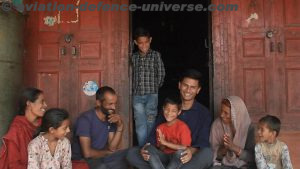
For Capt Saurabh Salunkhe, this was more than just a medical achievement. It was a reaffirmation of why he chose this path: to serve people in the truest sense, whether in uniform or outside it. By stepping beyond his formal duties and dedicating hours of personal time, he changed the course of a young boy’s life forever.
For Akshay’s parents, the gift of their son’s voice is priceless. For Duggan, it is a reminder that miracles are not always sudden—they are built patiently, step by step, through kindness and determination. And for Akshay himself, every sentence he now speaks is a victory—a sound of resilience, of confidence, and of a brighter future made possible by one soldier’s extraordinary compassion.



